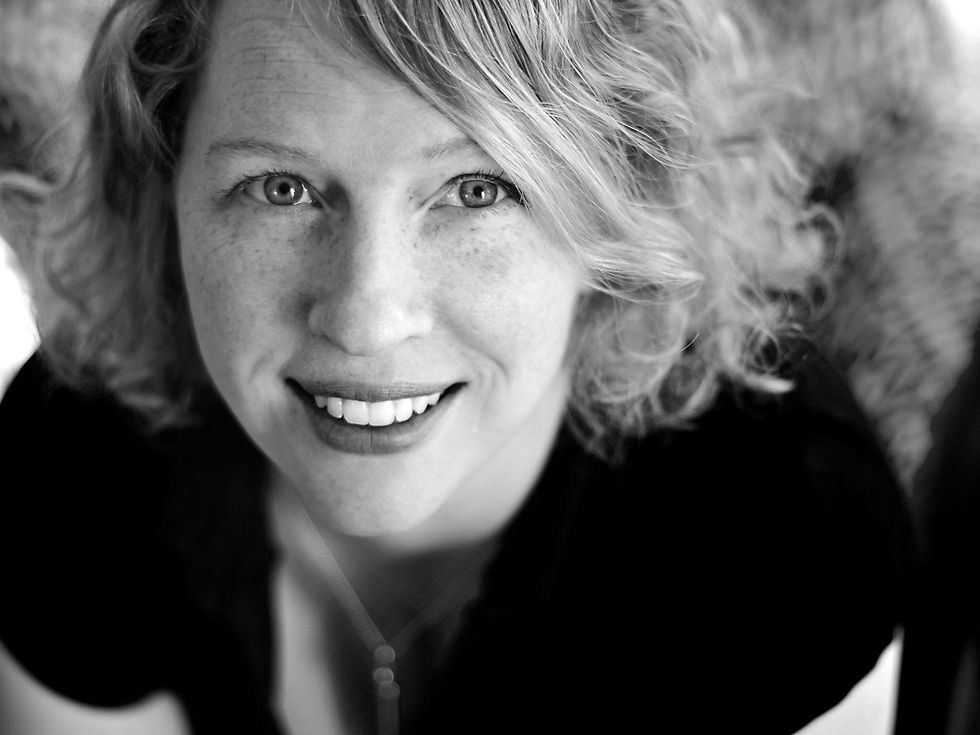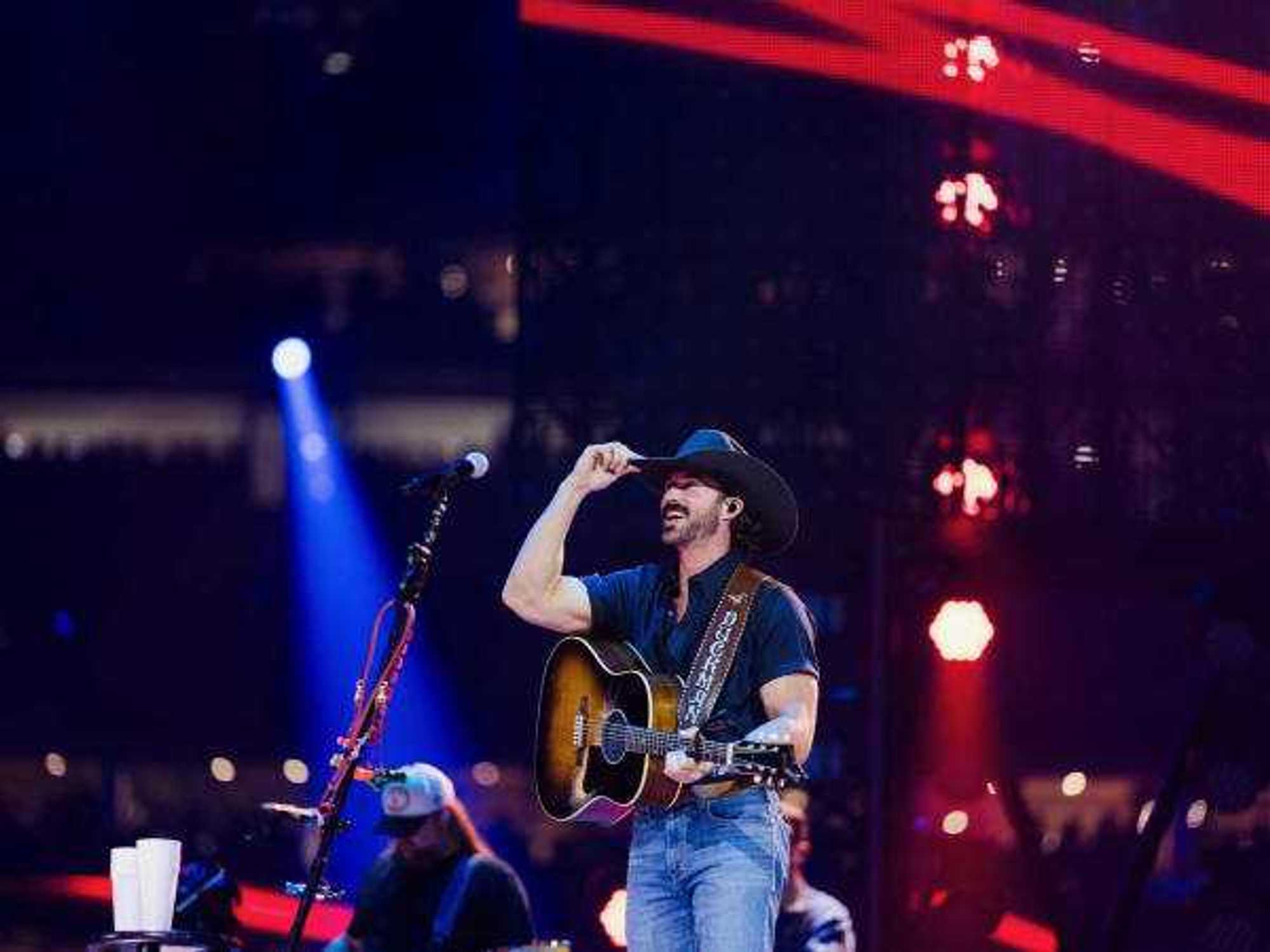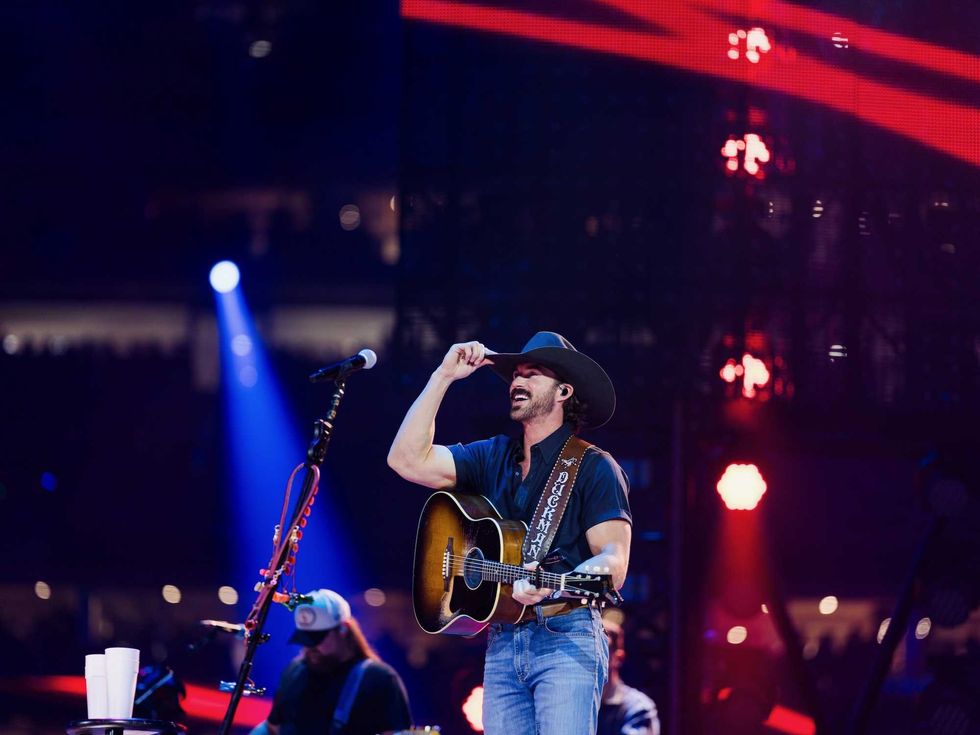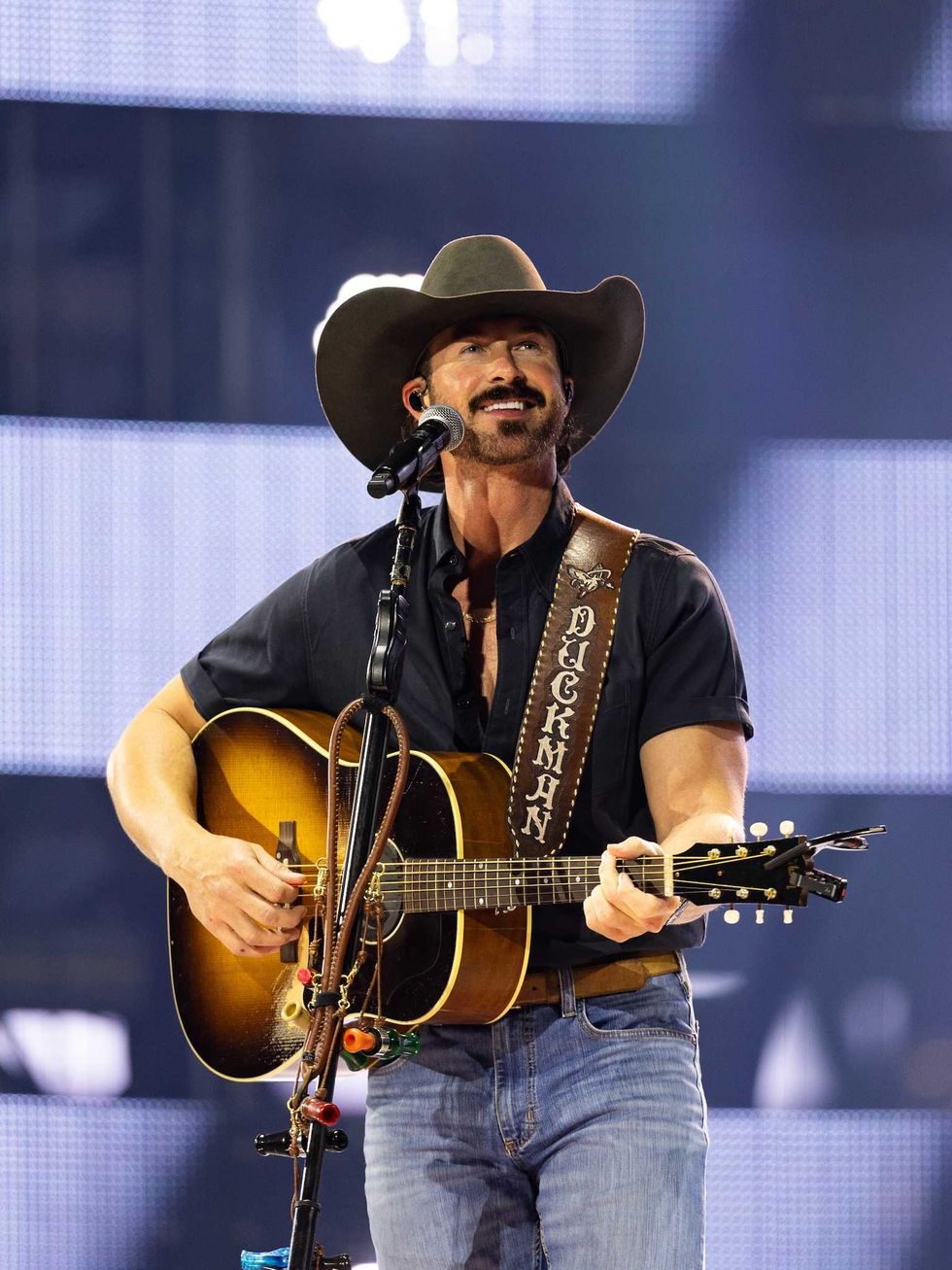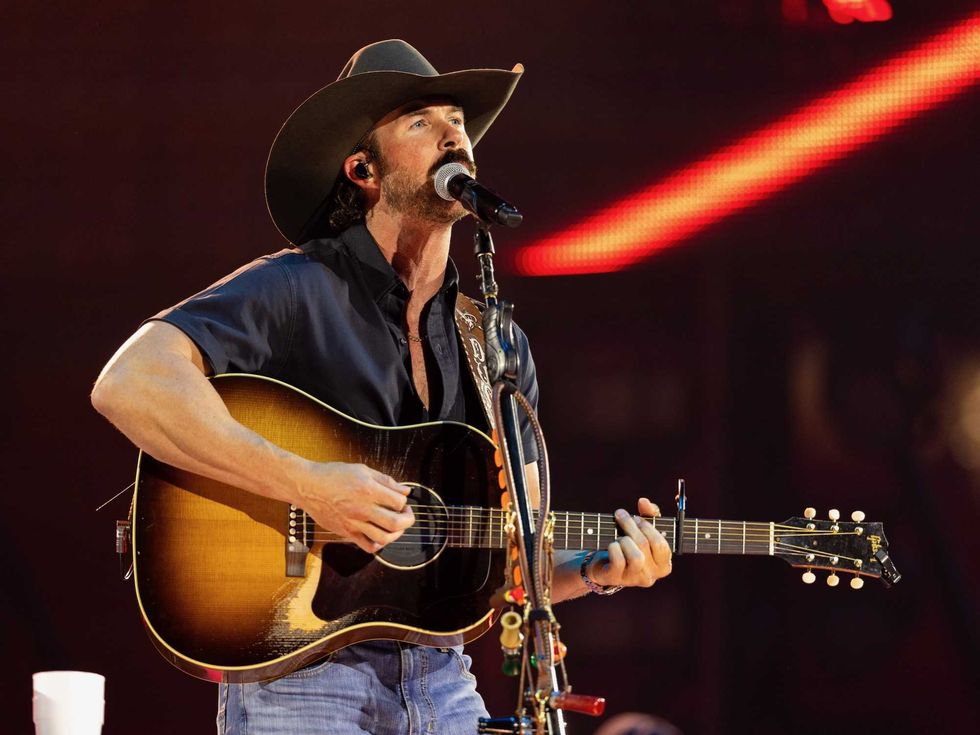The Arthropologist
Love on a Goat Farm: Chick lit writer Katherine Center returns to ranch roots in latest novel
I met Katherine Center while traipsing through Donald Judd's manly steel sculptures on a trip to Marfa. The author regaled me with tales about what makes a love story work. (The heroine meets her love interest early on and we spend the rest of the book waiting and wanting for the two to get together.)
After reading The Bright Side of Disaster, Everyone Is Beautiful and Get Lucky, I was hooked, and couldn't wait to cheer on her next heroine.
Center's new book, The Lost Husband, chronicles the tale of Libby, a young widow who leaves Houston to go live and work on her aunt's goat farm. And don't you a know it, a handsome farm hand is good at more than milking goats.
Center reads from The Lost Husband at Brazos Bookstore on Tuesday at 7 p.m. and at Blue Willow Bookshop on Thursday at 7 p.m. The author brings us into life on the goat farm and her process for The Lost Husband.
CultureMap: What was the seed for The Lost Husband?
Katherine Center: I went out to visit my childhood friend Christian Seger and his wife Lisa at their goat farm outside Houston. It’s called Blue Heron Farm, and they make the most divine goat cheese you can imagine. We took the kids to spend the day, and as they showed us around, I could not get over how charming it was. I thought, “I need to set a book on a goat farm!” And then I had to come up with a story.
CM: Once you hone in on the story elements, do you go into your writing space and not come out until it's done? Can you talk about your writing practice?
KC: I wish I could disappear and not come out. But I have two little kids, and so I am needed in the real world. But I’m very obsessive when I’m writing, and I’m a terrible multi-tasker, so there’s a real tension I feel, having to shift back and forth between the story and my real life. It’s often like I’m watching a split-screen with the imaginary people in my life and the real ones. As long as they take turns, that’s fine.
CM: You write so vividly about the texture of life on a farm. I know for a fact that you do not live on a farm. How ever did you conjure all those goats, chickens and the languid pace of life on the pasture?
KC: My mom runs a working cattle ranch outside of Houston that’s been in our family for 50 years. We all live in the city, but I grew up going to the ranch, and we still get out there at least once a month. So that feeling that’s so unique to the country—of being out in the open, surrounded by something so much bigger than you—is definitely in my bones. The thing I always notice most out there is the wind—what it does to the trees and the long grass and how it feels sweeping over you.
CM: That's so interesting that you mention the wind. I felt as if I was breathing in country air while reading. Did you milk a goat in the research process?
KC: We did! Christian showed us how to milk a goat—and it’s not as easy as you’d think!
CM: Really?
KC: There’s a scene in the book where a character squirts milk straight from the goat and tries to get it in a kid’s mouth across the barn —and he really did that with my daughter! He had great aim, too.
CM: Texas features heavily in you work, and for good reason, there's such a sense of place here. As a writer, what are the joys and challenges about writing about your home turf?
KC: My family’s been in Houston since the 1860s, and I love that. I love driving past my grandfather’s old building materials company—which sits on the site of the old family grocery store… We are a big, close, loving family, and I love the way those roots connect us. My mom lives in the house her dad built in 1939, for example, and she just found a trunk up in the attic filled with every letter she’d ever written to her mother. It’s been up there since the 1950s, and she didn’t even know. There’s something so comforting and heartbreaking about holding onto those connections. It’s rich territory, for sure—and my books are richer for it.
CM: I love your Lone Star heroines too. Complex, quirky, funny, slightly flawed women rule your novels. Libby has more on her plate, though, than any of the others. What drew you to dealing with bigger issues for this novel?
KC: I am really interested in the ways that people bounce back. I talk about this with my kids a lot—that life is going to knock you down over and over, and the trick is not to cower, but to get good at getting back up. As terrible as the human race can be, that’s one of our best qualities—and I adore seeing people at their best. All my books are bittersweet in their ways, but I agree this book has some bigger issues. Maybe it’s because I’m older than I used to be and I’ve seen more of life now.
CM: Maybe it's all that bouncing back that lends such a sense of energy in your writing. We can really feel the motion of a life moving toward a resolution. Can you talk a little bit about plot momentum?
KC: Well, as a culture we love to hate love stories.
CM: I didn't get that memo. Say more.
KC: We’re too jaded to believe in them. We insist that they’re silly. But I just don’t feel that way. There’s something really profound that goes on between people when they fall in love. That connection is so precious and valuable—especially because we do spend so much of our lives alone. That longing we all have to connect—it’s powerful, and a driving force in everything we do. If you think about it, the whole of human history springs from people finding each other and connecting—it’s big stuff, and I’m a total sucker for it.
CM: You have been named "an intelligent chick lit writer." How do you position yourself in that genre?
KC: Well, I am unapologetically writing for women. When you’re lucky enough to have a good friend who you can be totally honest about your life with, that’s kind of magical. And that’s how I want my books to feel: like a long letter from a best friend. A best friend who cracks you up and isn’t afraid to tell it exactly how it is. The books are conversational and warm and chatty, but they also talk about the real complexities and heartbreaks of women’s lives.
CM: What's next for you?
KC: I am working on my fifth novel—about a woman who goes on a wilderness survival course. I’m very in love with it right now. Danger! Adventure! Kissing!
